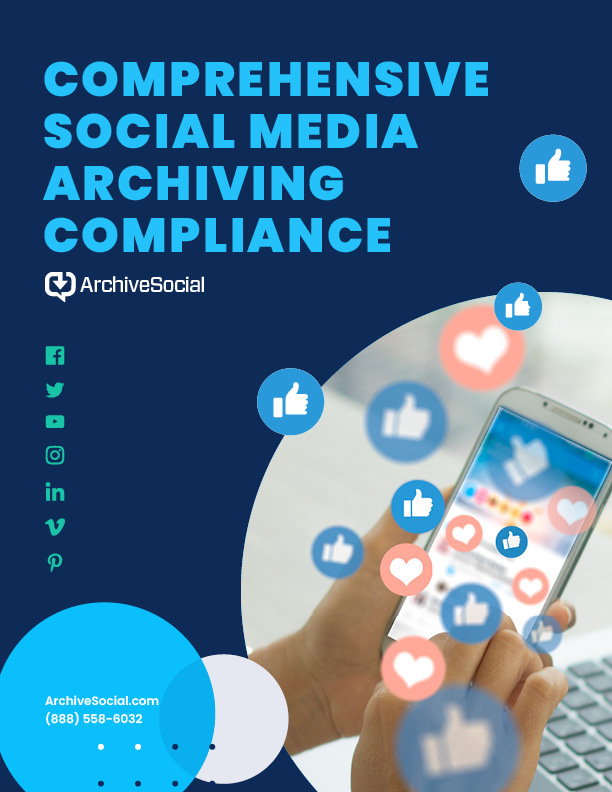A record, is a record, is a record. And, social media interactions count. Whether created by a business or by the government, a record must enter a proper lifecycle to protect its information. However, federal government agencies are doing a poor job. The third annual National Archives and Records Administration (NARA) records management self-assessment found that federal agencies are far from compliant. Faced with “a voluminous amount of textual records” and “the technological challenges of preserving records created and maintained in electronic format,” NARA worries such negligence will continue. Given the data, we agree with the NARA social media records management assessment conclusions.
Electronic records are poorly managed
Of the principal findings, the NARA social media records management assessment was quick to highlight the holes in agencies’ electronic records management. Every federal agency uses e-mail, and 70% use social media. However, only about 40% of agencies used e-mail archiving and 50% reported they had policies to manage social media records. The fact that more agencies have policies in place to manage social media records than archive email is eye-opening. Perhaps this is because social media is broadcast in public and cannot be centrally (and internally) managed like email. The challenge, of course, is being able to effectively capture and retain social media records in accordance with the policies that have been put in place.
Staff are ill-trained
Federal agencies also are poorly equipped to manage electronic records. The NARA social media records management assessment states that “many records management staff have insufficient knowledge and understanding of electronic records.” The staff continually confused terms during the assessment. They were also quick to state that certain management policies were in place, while unable to prove that such procedures actually existed. This is obviously a major concern since a records management policy is of little use if there is no actual implementation. NARA admitted that “records staff do not need to be technological experts.” However, NARA stressed that those managing the agencies’ records must have a “baseline of knowledge” about how to manage electronic records. NARA justifiably worries that this knowledge is patchy.
The future of federal agency records management
Because the use of social media is growing, but the knowledge of records management lags, NARA believes that the management of social media records will remain inadequate. Consider the following analogy. Somebody who doesn’t know the difference between a two-by-four and a screwdriver will probably build a rickety tree house. This tree house may work for the time being. However, the kids will grow and put more and more stress on it. One day, the tree house will collapse. Similar to the records staff constructing a rickety management practice, the sharply increasing payload of records will one day cause the records management scheme to fall apart. This will have dire consequences for the vast amount of information that may be permanently altered or destroyed.
Our advice for government agencies? Pick up a manual on how to build the tree house, and choose the right tools. Archive your records, all of them. Then you and NARA can breathe a sigh of relief.


